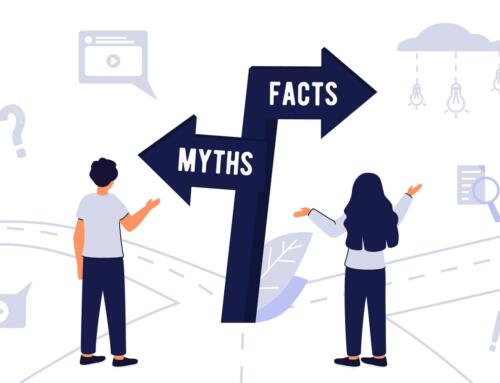A deposition is an opportunity for your employer, through their attorney, to ask you questions and confirm your story. It is also intended to get a full picture of your medical treatment so that they can obtain medical records from the relevant doctors. Lastly, it is a chance for them to determine if you have any prior incidents or pre-existing conditions that may affect the current claim.
The format is that the opposing attorney and I will ask you questions with a court reporter present. The court reporter takes down everything and transcribes it into a booklet that is submitted as evidence in your case.
Your employer’s lawyer will report back to the insurance company and provide their opinion as to your truthfulness and overall presentation. That can affect how the case will proceed in a negative or positive way. Here are some tips so that you can be prepared.
-TELL THE TRUTH. This is imperative. If you are caught in a lie or what could be interpreted as a lie, you lose credibility with the judge. If the judge doesn’t believe you then you can’t win your case. Even if you think the truth is harmful to your case, don’t try to hide it. Trust me, they know more about you than you think.
-ONLY ANSWER THE QUESTION THAT IS ASKED. Do not provide information that is not requested. If a question requires a yes or no answer then the only thing you should say is yes or no.
For instance, if you are asked, “Have you ever been in a motor vehicle accident”? then your answer should be “yes” or “no”. You should not say, “
Yes, but I hurt a different part of my body and it wasn’t my fault”.
No one asked if you were injured, what body part was hurt or whether it was your fault. Even if you know the answer will be followed up to obtain more detail, make them ask the question. In general, you should use as few words as possible in your answer.
-USE WORDS, NOT GESTURES. The court reporter can only take down words in the transcript. Shakes/nods of the head aren’t reflected in the transcript and “uh huhs” aren’t clear. Also, if you use your hands or legs in a demonstrative way then you may appear to be less injured then you are. And of course, those gestures will not be transcribed.
-DON’T GUESS. If you don’t know the answer to a question then say, “I don’t know”. But don’t use that as a way to evade the question. Also, unless you measured, timed or weighed something, then you don’t know the length, width, weight or timing. You can estimate but say that you are estimating.
When doing so it is best to use a range like, “between 10-20lbs” rather than a specific answer. Also, you can use examples to help estimate dimensions. For instance, you can say it is about the weight of a gallon of milk or it is about the size of this room or it is several car lengths.
Don’t get boxed into a specific amount unless you are 100%.
-DON’T GET OFFENDED. You may think that the employer’s attorney is asking nosy questions or that the questions have nothing to do with your case. Don’t be offended. They have a right to ask questions and I will object if the question is inappropriate. If I don’t object, just answer the question. Do not get angry or annoyed.
-KNOW YOUR MEDICAL HISTORY. Have the names and addresses of your doctors available. That includes doctors who aren’t treating you for the work accident like your family doctor or doctor’s you have seen in the past.
-KNOW YOUR RESTRICTIONS. If your doctor has taken you out of work completely, so be it. But if your doctor has restrictions, you should know what they are. Be willing to try anything that is within your doctor’s restrictions.
-DON’T EXAGERATE YOUR INJURY. You don’t need to have the worst injury imaginable in order to get workers’ compensation. The fact that you can still take out the trash, run the vacuum cleaner, do the grocery shopping, etc doesn’t necessarily change the fact that you can’t do your job. If you are asked to rate your pain on a scale of 1-10 with 10 being the worst pain imaginable, don’t say your pain is a 10. Imagine being lit on fire while someone pokes you in the eye with a needle and bends you backwards.
That may be a 10. It isn’t a bad knee, back, shoulder, etc.
-WAIT FOR THE QUESTION. When answering questions, wait until the question is finished before you answer. Even if you think you know what the question is, wait until the attorney stops talking before you answer. Take a moment to think about your answer before speaking. Remember that the court reporter can only take down one person at a time.
-OTHER HELPFUL TIDBITS. If you are asked if you think you could work in any capacity, say that you are willing to try anything within your doctor’s restrictions. Don’t say, “I can’t sit for more than 10 minutes” when you have been sitting in front of them for 30 minutes. Assume the other attorney knows everything about you so don’t try to hide anything if they ask.
For instance, if you have a criminal history and they ask about it don’t deny it. Trust me, they probably already know about it. Similarly, if they are asking you about something you said to your doctor, don’t deny it even if you don’t specifically remember saying it.
They are probably not just making it up. It is in most likely in your record. You can say, “I don’t remember saying that but if it is in my records then I guess I said that”. Don’t speak unless answering a question. Don’t get nervous if there is a pause between questions.







